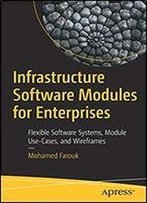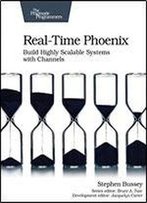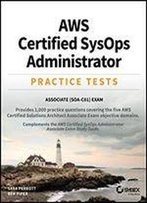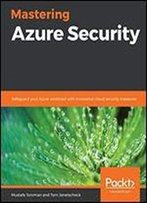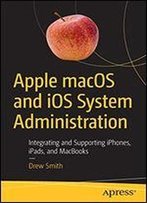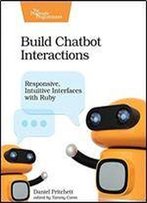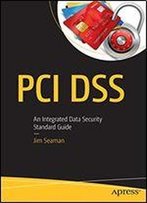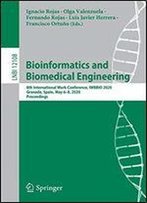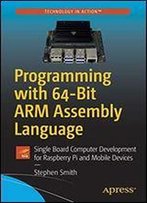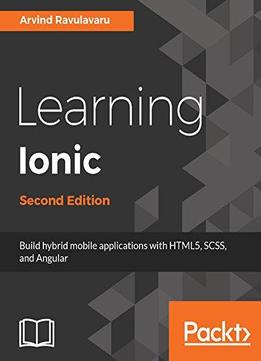
Learning Ionic 2 - Second Edition
by Arvind Ravulavaru /
2017 / English / AZW3
10.5 MB Download
Create real-time hybrid applications with the leader of HTML5 frameworks: Ionic Framework
About This Book
Step into the world of amazingly interactive and real-time app development using Ionic 2
Leverage the powerful Angular 2 along with Ionic to develop cutting edge apps
Detailed code examples and explanations will help you get up and running with Ionic quickly and easily
Who This Book Is For
This book is for JavaScript developers with basic skills. No previous knowledge of Ionic is required for this book.
What You Will Learn
Understand the workings of the mobile hybrid architecture
Transform the single page template to a multi-page template using components such as Tabs
Integrate Ionic API components in your app
Theme Ionic apps as well as customize components using Ionic SCSS support
Design and build an app that involves both device features as well as third-party integration
Deploy the Ionic apps to stores and manage their subsequent releases
Perform unit testing, end to end testing, and device testing on your apps
In Detail
Ionic makes it incredibly easy to build beautiful and interactive mobile apps using HTML5 and AngularJS. Ionic 2 represents that collective learning about how to make the web do more on mobiles. Ionic 2 not only makes app development easier and faster, but also makes it more fun.
This hands-on guide will help you understand the Ionic framework and how you can leverage it to create amazing real-time applications with exciting interactive features. We begin by covering the essential features of Angular 2 and then dive straight into how Ionic fits in today's world, providing you with a good understanding of the mobile hybrid architecture along the way.
Further on, you will learn how to work with Ionic components, allowing you to build layouts using Ionic framework, be it single page or multi-page. We take a look at theming Ionic apps using the built-in SCSS setup, work with Ionic API components, and create a “Thought Journal” app that needs session and data to be managed on the client side. After that, we explore Cordova and ngCordova and you will learn how to integrate device-specific features through a food allergy notification app. Lastly, you will learn to test the apps that you have built so far, migrate existing Ionic 1 apps to Ionic 2, and deploy them to the App Store.
By the end of this book, you will be able to develop hybrid mobile applications from start to finish.
